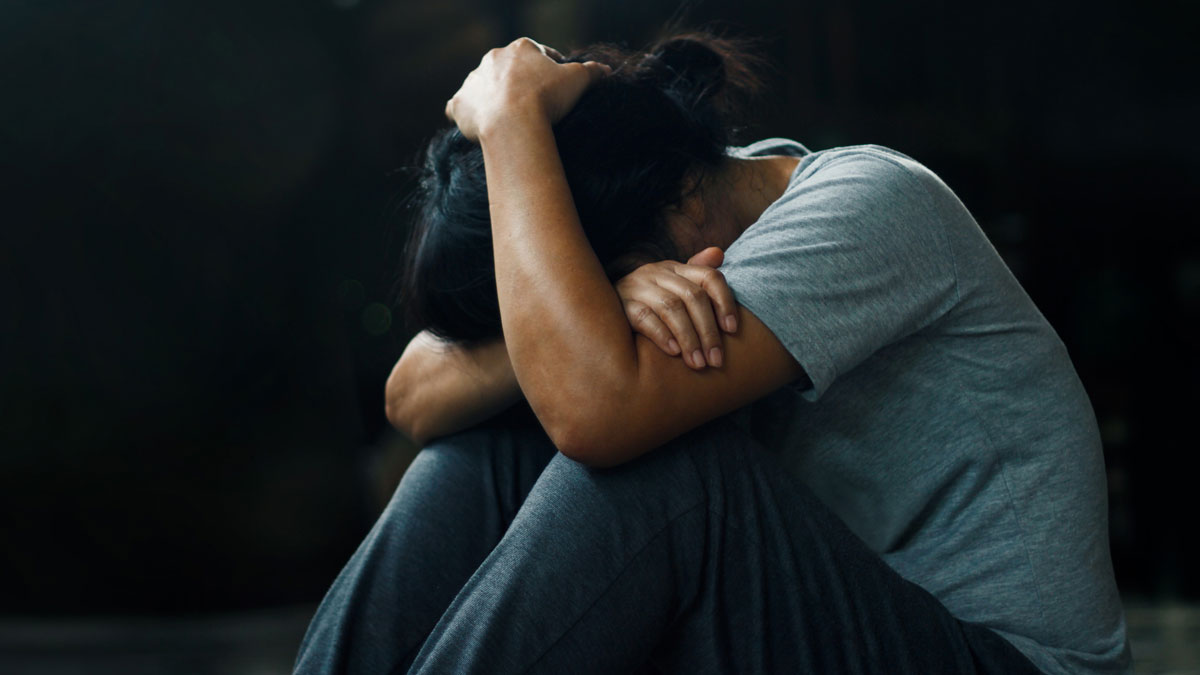Published: October 26, 2023

Our military community is as vast and varied as it is tenacious. Yet, despite their resilience, the people of this community have a higher risk of dying by suicide than their civilian counterparts. . Recognizing the gravity of these numbers underscores the pivotal role caregivers play, especially concerning lethal means safety.
Empowering the Nation Through Education
PsychArmor, a renowned national nonprofit, stands as a pillar of strength for everyone tied to the military. They offer in-depth insight into the military culture for all who back this community, be it health care professionals, educators, volunteers or employers. Their expanding repository, especially their emphasis on suicide prevention, signifies their commitment to educational solutions. Their motto, “training a grateful nation,” is manifested by integrating evidence-based methods and treatments to prevent suicide in the military-connected community. .
The Vital Conversation: Lethal Means Safety
A subject that demands attention, even if it spurs debate, is lethal means safety undeniably a topic that warrants thorough discussion and consideration, especially given its potential implications for suicide prevention. Within the context of our military community, the focus frequently shifts to the storage and accessibility of firearms. Even though it can ignite passionate debates, it’s a conversation that cannot be sidelined. As disconcerting as it may be for some, it’s crucial to recognize the life-saving potential of such dialogues. Empirical studies consistently underscore the significance of implementing barriers between individuals undergoing crises and their selected lethal means. By doing so, we not only reduce the immediate risk but also provide a window of opportunity for intervention, potentially averting tragic outcomes. The emphasis on safe storage and restricted access, therefore, is not just about regulation but about preserving lives.
Dr. Heidi Kraft, Chief Clinical Officer at PsychArmor, collaborates with Blue Star Families to promote safe firearm storage as a pivotal suicide prevention strategy for the military-connected community. The focus is not on challenging constitutional rights but rather on creating a protective sanctuary for Veterans and their families. Key strategies include separating firearms from ammunition, involving family and professionals in firearm safety discussions, and employing advanced security measures like biometric locks for gun safes. PsychArmor’s “Standing the Watch” program offers courses that emphasize these strategies, aiming to provide a protective barrier and a moment of pause, potentially saving lives.
Championing Caregivers and Community Support
The partnership between PsychArmor and Blue Star Families, with a focus on caregiver cohorts, highlights the critical nature of these dialogues. Both organizations are deeply committed to backing military caregivers, emphasizing the need to start these conversations and recognize their experiences. Caregiver education goes beyond fleeting engagements. Through comprehensive, year-long initiatives, caregivers are introduced to lethal means safety and equipped to lead these dialogues within their localities. Additionally, the Staff Sergeant Parker Gordon Fox Suicide Prevention Grant Program (SSG Fox SPGP) empowers the VA to allocate resources for community-driven suicide prevention endeavors, addressing the needs of Veterans, service members, and their families. This is achieved by promoting outreach, offering suicide prevention services, and linking individuals to both VA and community resources. This grant program, a component of the Commander John Scott Hannon Veterans Mental Health Care Improvement Act of 2019, champions a public health methodology, merging community prevention with evidence-supported clinical approaches.
Redefining Training Paradigms
But PsychArmor’s influence isn’t limited to traditional training avenues. Their projects cater to an array of allies — from health care experts to educators of military offspring. Presently, they’re channeling efforts to train health care students in military culture, ensuring our future health care champions are primed to assist our military community.
There’s a collective call to action. Should we be aware of health care students, EMS trainees, or any potential beneficiary of this complimentary training, PsychArmor stands ready to partner. The goal? To magnify the contributions of entities like Blue Star Families, creating palpable change.
Closing Thoughts
Our nation is indebted to the military community. It’s our collective duty to guarantee their holistic support, especially in areas of mental health. By uplifting military caregivers and broadening awareness about lethal means safety, we’re proactively shielding our gallant service members, Veterans, and their families. It’s time to kickstart dialogues, invest in education, and unite in our endeavors, ensuring every individual connected to the military feels cherished, understood, and above all, secure.
Written by Kali Hoffman for Blue Star Families, in partnership with Dr. Kraft from PsychArmor
Posted In: Caregivers
